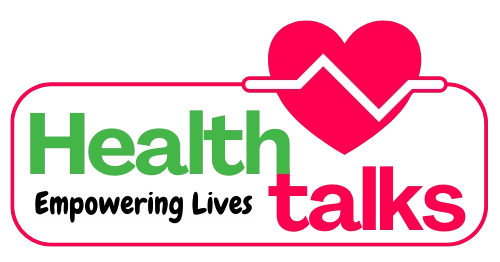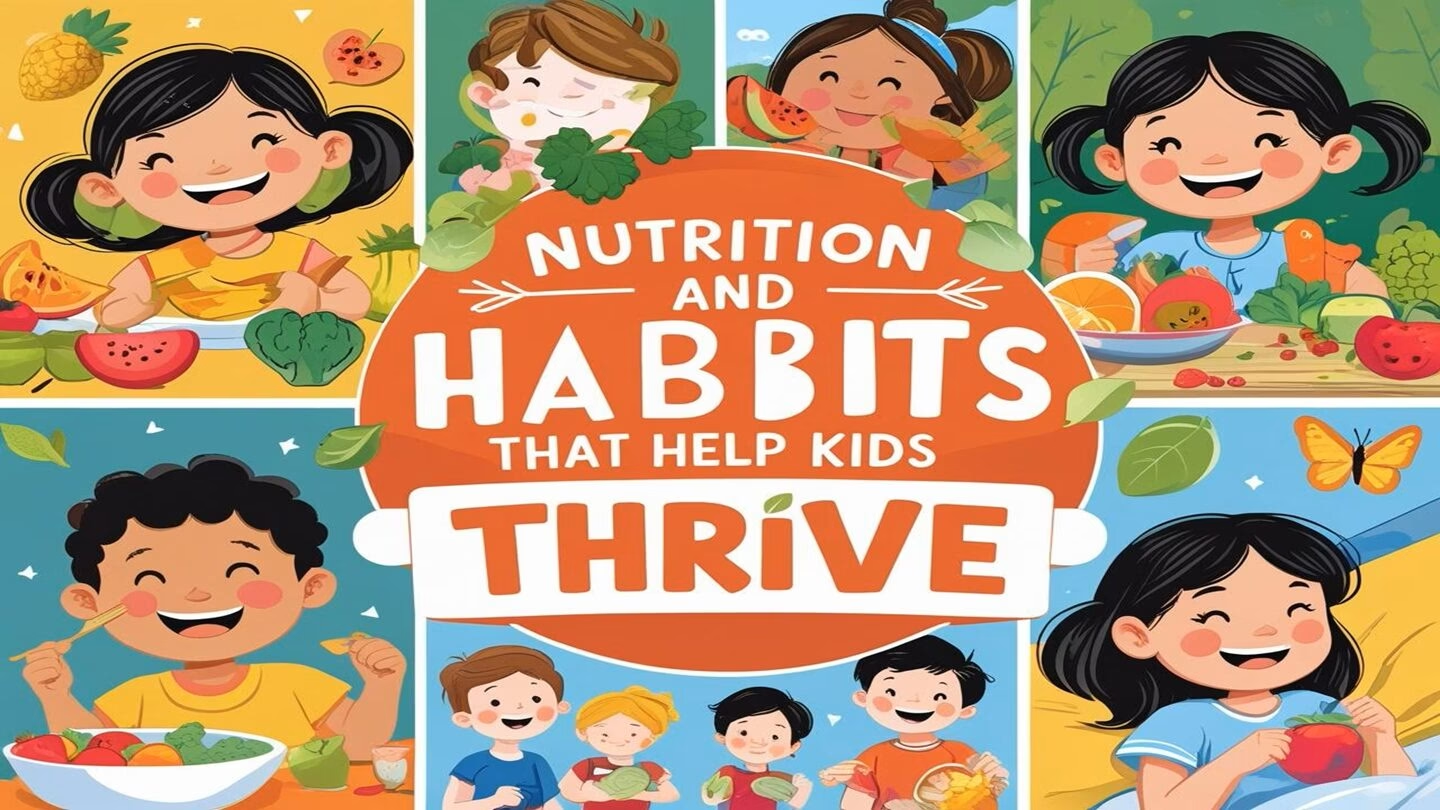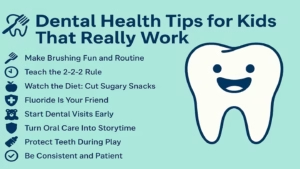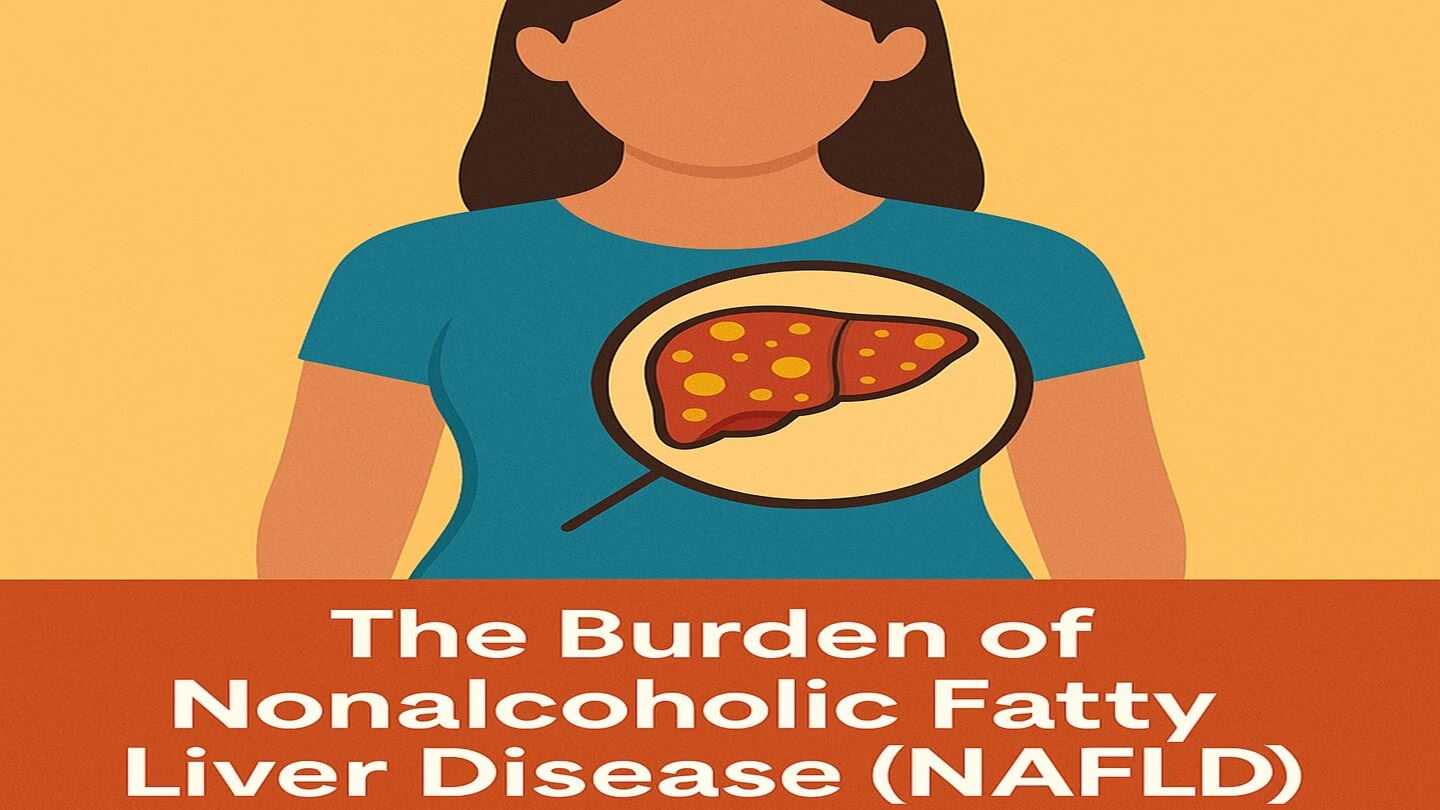Introduction
Childhood is a critical period for physical, mental, and emotional development. Proper nutrition and healthy lifestyle habits lay the foundation for growth, learning, and lifelong well-being. In this article, we explore what children need to grow well—and how parents can support them every step of the way.
🧠 Why Growth Matters in Childhood
Growth is more than just getting taller—it’s a sign that a child is developing strong bones, muscles, brain functions, and a healthy immune system. Poor nutrition or bad habits during these years can lead to stunted growth, obesity, and delayed development.
🥗 Essential Nutrients for Growth
Here’s a breakdown of key nutrients and their food sources:
1. Protein
- Builds muscles and repairs body tissues
- Sources: Eggs, chicken, beans, yogurt, fish, lentils
2. Calcium
- Strengthens bones and teeth
- Sources: Milk, cheese, leafy greens, almonds, tofu
3. Vitamin D
- Helps absorb calcium and supports immunity
- Sources: Fortified milk, egg yolks, sunlight exposure
4. Iron
- Prevents anemia and supports brain development
- Sources: Red meat, spinach, beans, fortified cereals
5. Zinc
- Aids in cell growth and repair
- Sources: Nuts, seeds, dairy, meat
6. Healthy Fats
- Needed for brain development and energy
- Sources: Avocados, nuts, olive oil, fatty fish
7. Fiber
- Promotes digestion and nutrient absorption
- Sources: Whole grains, fruits, vegetables, legumes
📊 Sample Growth-Fueling Meal Plan (Ages 5–12)
| Meal | Example Foods |
|---|---|
| Breakfast | Oatmeal with fruit + milk |
| Snack | Banana + peanut butter |
| Lunch | Brown rice, grilled chicken, carrots |
| Snack | Yogurt with honey |
| Dinner | Whole wheat pasta, steamed veggies, cheese |
| Hydration | 6–8 cups of water daily |
🌞 Habits That Support Healthy Growth
🛌 1. Adequate Sleep
- Recommended hours: 9–12 hours (ages 6–12), 8–10 hours (ages 13–18)
- Sleep supports hormone release (especially growth hormone)
🏃♂️ 2. Regular Physical Activity
- At least 1 hour daily of active play or sports
- Helps build bones, muscles, and maintains healthy weight
🧘 3. Stress Management
- Chronic stress may interfere with appetite and sleep
- Encourage communication, playtime, and relaxation
📱 4. Limited Screen Time
- Excessive screen time can lead to sedentary habits and sleep disturbances
- Max 2 hours of recreational screen time per day
🧴 5. Good Hygiene
- Regular handwashing and hygiene help prevent infections that affect nutrient absorption
🚩 Signs Your Child May Not Be Getting Enough Nutrients
- Slow or no weight/height gain
- Fatigue or poor school performance
- Frequent illnesses
- Pale skin, dry hair, or dental issues
- Delayed physical milestones
If you notice these signs, consult a pediatrician or a dietitian.
👪 Parental Tips to Build Healthy Habits
- Eat meals together to model healthy eating
- Avoid using food as a reward or punishment
- Involve kids in meal prep
- Keep healthy snacks available
- Encourage outdoor play and limit junk food
📌 Conclusion
Fueling a child’s growth isn’t about expensive supplements or fancy diets—it’s about consistent, balanced nutrition and nurturing daily habits. By providing the right foods, promoting good sleep, and encouraging an active lifestyle, parents can help their kids grow strong, smart, and healthy.
ABOUT THE AUTHOR
Dr. Nora West is a highly skilled MBBS doctor with a special interest in women’s health and patient education. She is dedicated to providing compassionate care and believes in building strong doctor–patient relationships based on trust and understanding. Dr. Nora focuses on empowering her patients with the knowledge they need to make informed decisions about their health. She is particularly passionate about preventive medicine, nutrition, and lifestyle interventions that can significantly improve quality of life. Known for her warmth and professionalism, Dr. Nora combines evidence-based medicine with a personalized approach, ensuring every patient feels supported on their journey to better health.














Add comment